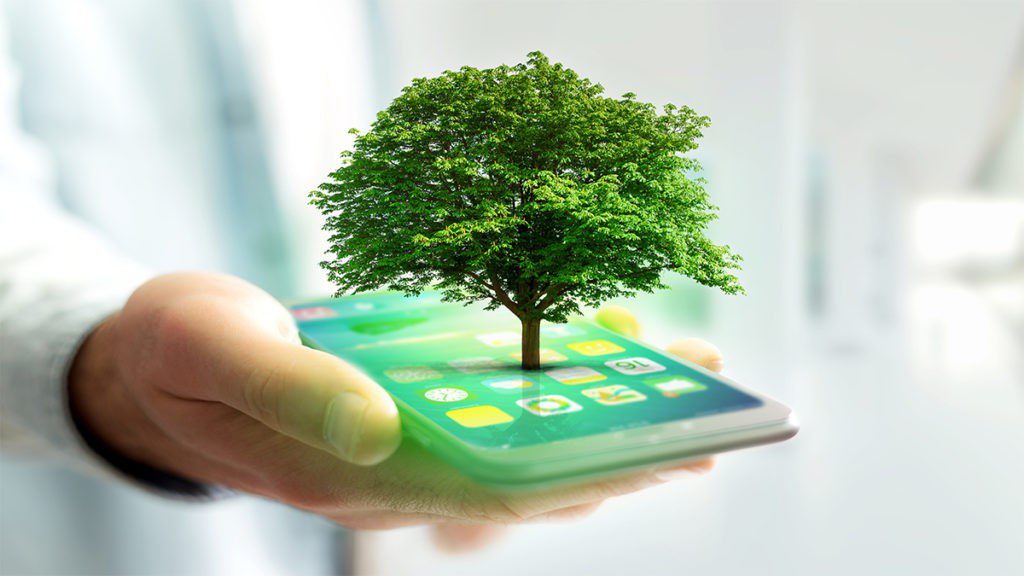Are telecom operators’ efforts to go green, realistic?

Sometimes, when operators boast their go green intentions, it can often leave industry watchers a little open mouthed. Perhaps there is something questionable about a multibillion-dollar company using huge amounts of resources and energy whilst getting excited about the no print policy in their headquarters. However, environmental efforts of operators are progressing and starting to become a little more substantial than previous years.
Orange is the most recent telco to boast about their environmental commitments to form part of their Engage 2025 strategic plan, however this hasn’t drawn much media coverage.
Amongst a number of pledges that the telco has made, there are a couple that stand out.
Firstly, Orange want to make it easier for consumers to recycle old devices – especially mobile phones. Orange wants to collect 30% of the mobile phones sold in every European country.
Of course, this is wonderful news but perhaps other providers could look at incentives for people to recycle their devices. Many people sell phones on as they upgrade to a more recent model and lots of us are left with older devices, hidden at the back of the drawers that have no real value. Furthermore, it is not like we are in any rush to take such devices to a recycling outlet.
Recycling, or harvesting the raw materials from mobile devices, is all very well, but should be a last resort, given the carbon footprint associated with it, and Orange seems to recognise this; it aims to generate 10% of its European sales volumes from reconditioned mobile phones.
Consumers are increasingly looking to purchase mid-range and reconditioned phones rather than that of the increasingly expensive flagship device. Orange could easily make success of such an approach.
Repairs of phones are becoming more important. Orange is pledging to offer “attractive mobile repairs services” in all European countries and is improving its relationship with Fairphone, the repairable smartphone manufacturer, using responsibly sourced materials. Orange has an exclusive distribution deal for the Fairphone 3, launched in France, this summer.
The problem is that with Fairphone, it’s a little bit of a backward move in terms of progression.
Naturally, the ethos of the company appeals to many, with its use of recycled materials and the sourcing of Fairtrade gold and other materials – along with an increased lifespan due to the fact that it is designed to be repaired rather than replaced. Fairphone tick multiple boxes, yet comes with compromises that will inevitably stagnate sales.
There are no sales figures for the Fairphone 3, but the company is widely reported to have sold 175,000 units of the first two generations of the device. If one were to compare that with the global smartphone sales figures published by a number of analyst firms this week, they would see a stark contrast.
Strategy Analytics placed the international total at 1.4 billion units last year, with Samsung leading the market having shipped just over 295 million, although the South Korean giant was beaten by Apple in the last quarter of the year.
Gartner predicted a 3% growth in smartphone sales this year, following a 2% contraction in 2019, driven by 5G rollout and the emergence of 5G devices at mid-tier price points. The analyst firm forecasts sales of 221 million 5G phones in 2020 – or 12% of the total market – rising to 489 million in 2021.
One can’t help but wonder how the arrival of 5G will impact on operators’ and consumers’ worthy attempts to be a little more responsible when it comes to mobile devices and the environment.
